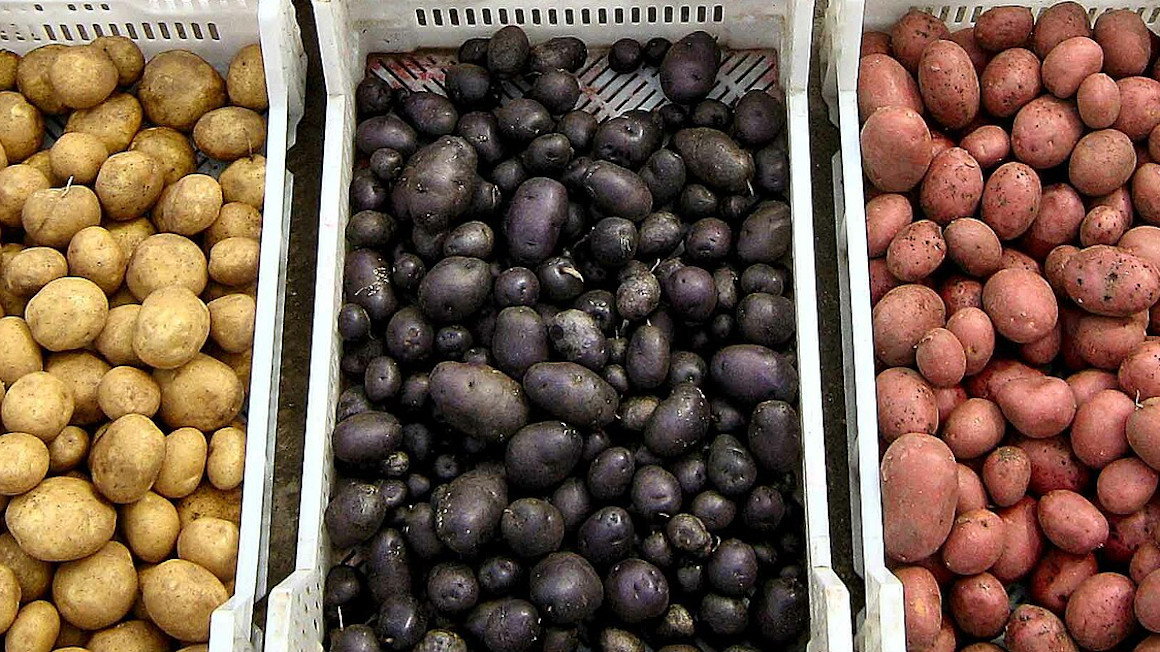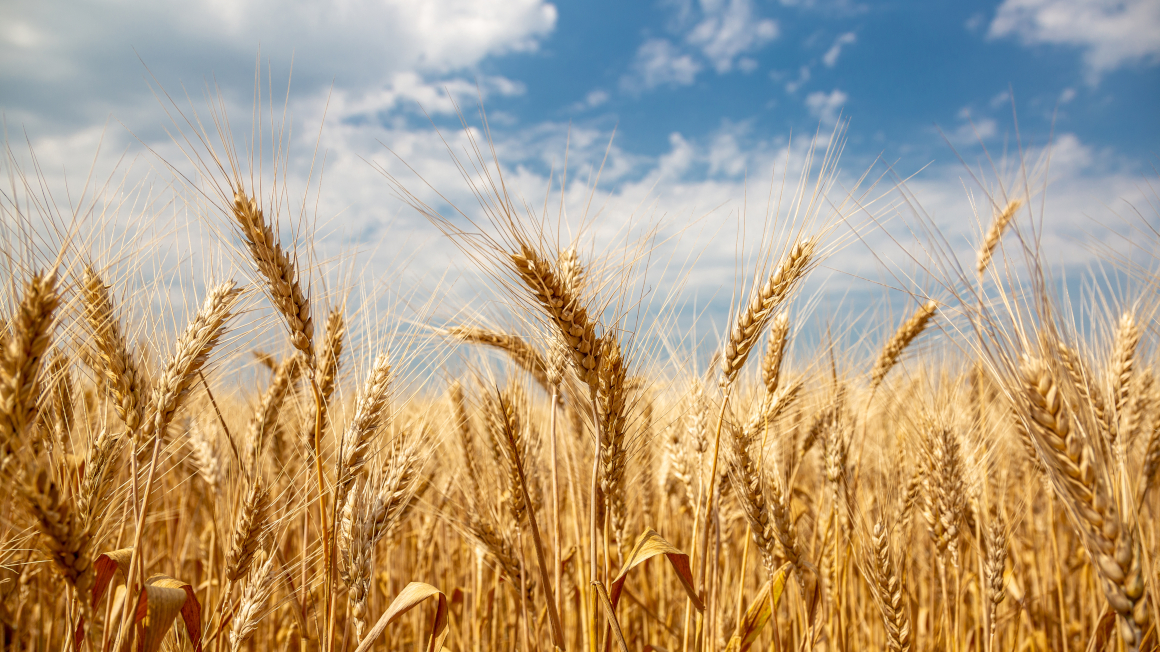Alliance for potato breeding research
The Leibniz Institute of Plant Genetics and Crop Plant Research (IPK) and the Julius Kühn Institute (JKI) are pooling their expertise in potato research in order to increase the genetic resources of this important food crop.

The potato is the fourth most important crop in the world after wheat, rice and maize. Although there are around 5,000 potato varieties worldwide, only a few close relatives dominate cultivation, which makes the plant susceptible to pests. In view of climate change, the breeding of new resistant potato varieties is therefore becoming increasingly important. With the aim of strengthening potato research, the Leibniz Institute of Plant Genetics and Crop Plant Research (IPK) and the Julius Kühn Institute, Federal Research Institute for Cultivated Plants (JKI) will increase their collaboration in the future.
Making potato research internationally recognized
The joint working group “Quantitative Genetics and Breeding Methodology of Potatoes” was established at the JKI site in Groß Lüsewitz in Mecklenburg-Western Pomerania for this purpose. Under the leadership of Delphine Van Inghelandt, the team aims to “make potato research at the Groß Lüsewitz site more internationally recognized for both institutions, IPK and JKI, in the long term”.
“The aim of the new working group is to use the quantitative genetic expertise available at the JKI Institute in Groß Lüsewitz to develop concepts for identifying and characterizing positive alleles and allele combinations in genetic resources of the potato and then to make optimal use of these in breeding. The aim is to uncover the treasure hidden in the genetic resources and then make it available for potato breeding,” the two institutes announce.
Using advances in genome analysis
“We hope that the establishment of the new working group will provide an innovative link between the extensive genetic resources of the Federal Central Ex situ Gene Bank at the IPK and modern potato breeding research,” said Nils Stein, head of the ‘Gene Bank’ department at the IPK. Here, the researcher is relying above all on advances in the field of potato genome analysis. “This opens up new perspectives for research and breeding of this important crop. In particular, new potential is developing in the area of characterization and use of genetic resources.”
Breeding research on potatoes has a long tradition at the JKI site in Groß Lüsewitz. “I am all the more pleased that the JKI and the IPK, a departmental research institution of the Federal Ministry of Food and Agriculture and a Leibniz Institute, have now succeeded in setting up a joint working group which, by focusing on quantitative genomics in the use of genetic resources, bundles the research activities at the site, expands them and makes them more internationally visible,” says JKI President Frank Ordon.
Gene bank with more than 6,300 wild and cultivated potatoes
With the Federal Central Ex-situ Gene Bank, the JKI in Groß Lüsewitz also maintains a database with more than 6,300 samples of wild and cultivated potatoes. The joint JKI and IPK working group can now draw on this infrastructure to “establish internationally competitive potato breeding research”.
“The establishment of this joint working group with the JKI is of great strategic importance for the IPK. On the one hand, we are pooling the complementary biological and technical resources of both institutes in order to generate new research impulses, and on the other hand, we are merging the research networks of both institutes with this appointment in order to strengthen the bridge between basic and applied research,” said Nicolaus von Wirén, Managing Director of the IPK.
bb


